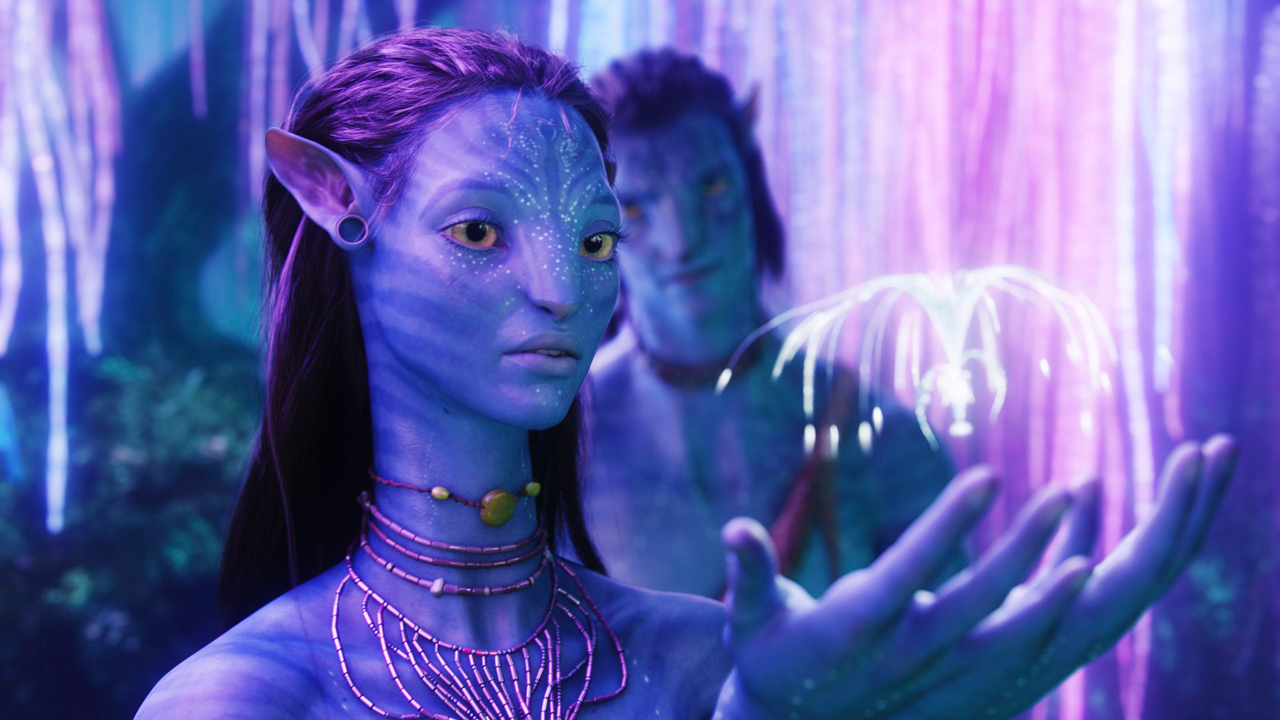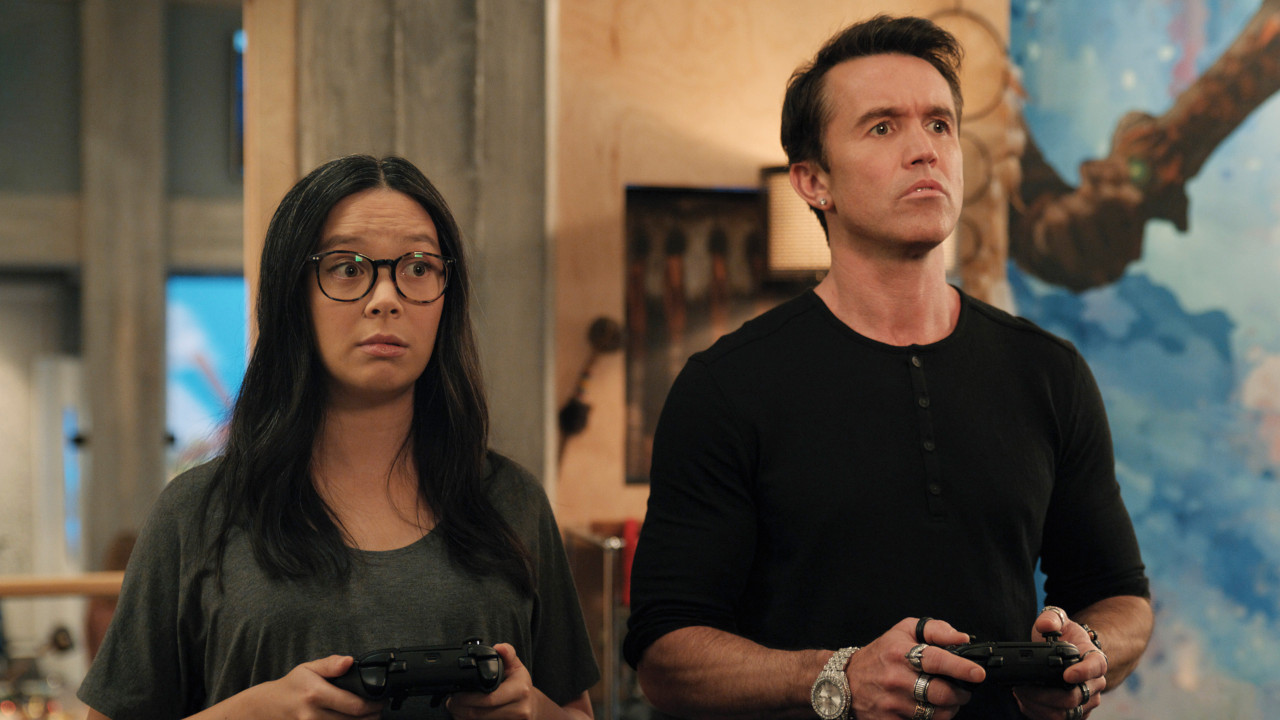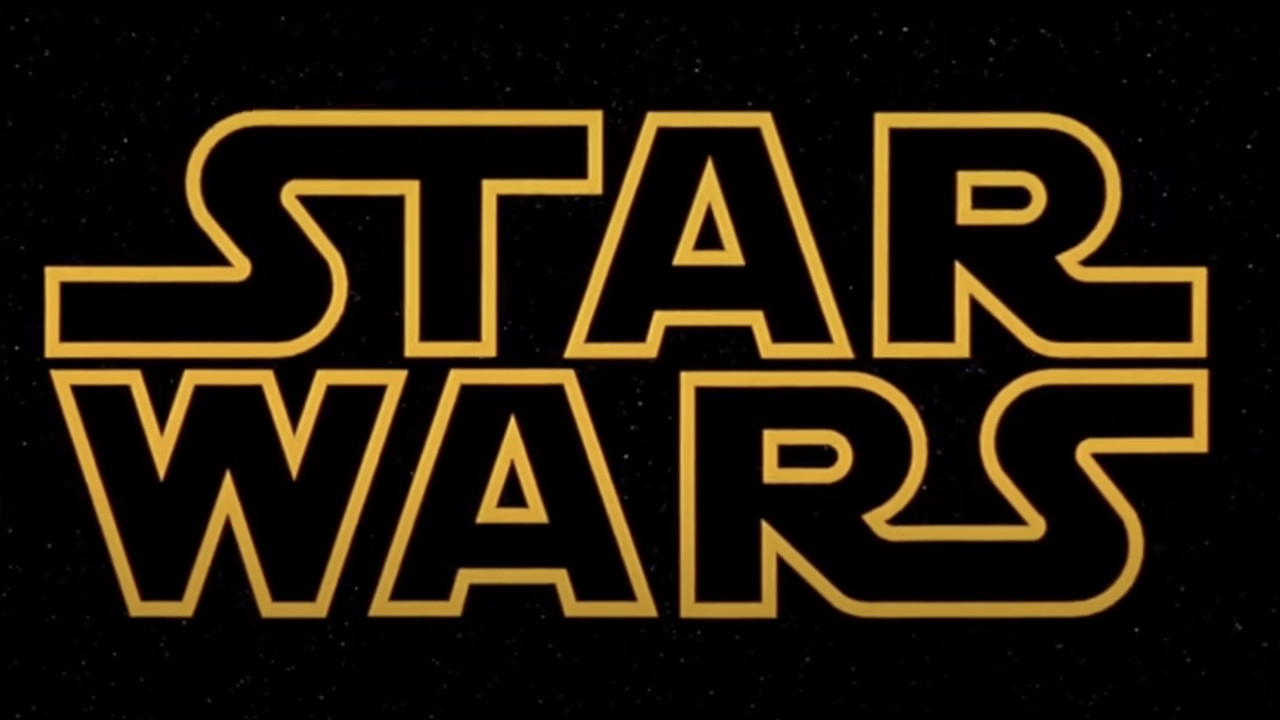James Cameron Talks People Declaring 3D ‘Over’ Before Avatar 2, And How The OG Movie Changed The Landscape
Avatar returns to theaters later this month.

When Avatar was released in 2009, it helped revolutionize modern 3D movies, with just about every major blockbuster in its wake for years released with the option for audiences to watch with an extra dimension. Much has changed in the cinematic world since those times, with the format not getting nearly the same kind of hype that it once did – but according to James Cameron, that doesn’t mean people should perceive that 3D movies are “over. Instead, they’ve simply been normalized to the point of not being particularly special anymore.
With a new remastered cut of Avatar set to arrive in theaters later this month, James Cameron, producer Jon Landau, and the stars of the film gathered together today for a virtual press conference, and during the event, I took the opportunity to ask the director about the influence of the 2009 movie on modern blockbusters. Cameron spoke to how the world’s perspective on 3D has changed greatly over the last decade, and noted that it hasn’t gone away so much as it has become a normal thing. Said the filmmaker,
3D sort of appears to most people to sort of be over, but it's really not over; it's just been accepted. It's just now part of the choices that you face when you go to a theater to see a big blockbuster movie; so you can choose to see it in 2D and choose to see it in 3D, generally speaking these days.
Continuing, James Cameron compared the public’s relationship with 3D movies to the way that that the film industry changed with the introduction of color. At first there was an extreme thrill seeing something different than the standard black and white presentation, but that thrill went away as every movie started to be made in color:
I liken it to color, when color first came out, it was a big deal. People used to go see movies because they were in color, you know? And I think around the time of Avatar, people went to see movies because they were in 3D. Nobody's gonna go see a movie today because it's in 3D. It's all the other factors by which we choose a film.
Of course, the influence of Avatar isn’t just seen in the way in which it impacted the way we watch movies; it also changed the ways that movies are made. James Cameron was humble enough to note that his 2009 film was hardly the first to make extensive use of advanced visual effects, but he did note that it successfully changed industry perspectives on digital cinematography – most notably with key wins at the 2010 Academy Awards. Said Cameron,
Avatar won Best Cinematography with a 3D digital camera. No digital camera had ever won the Best Cinematography Oscar before. And then two out of the three subsequent years, the same cameras were used by the cinematographers that won the Oscars. So you've got three out of four years where digital cinematography was embraced by the Academy, and all three of those films, three out of four Oscar winners for four years were in 3D.
The movies to which James Cameron is referring are Christopher Nolan’s Inception, Martin Scorsese’s Hugo, Ang Lee’s Life Of Pi, and Alfonso Cuaron’s Gravity. Like all Nolan directorial efforts, Inception was shot on film, but the other three were all made on digital and, as noted by Cameron, were released theatrically in 3D.
Studios marketing movies don’t push stereoscopic releases like they used to, but the format is still very much an option for audiences at their local theaters, with a number of the biggest films from the past summer being released in 3D – including Doctor Strange In The Multiverse Of Madness, Thor: Love And Thunder, Jurassic World Dominion, and Minions: The Rise Of Gru. Of course, the big 3D movie coming up at the end of the year is James Cameron’s Avatar: The Way Of Water, and he expects that the film’s performance will say a lot about the original film’s pop culture influence:
I think [Avatar] had an impact on the way films were presented that's now just sort of accepted and part of the zeitgeist and how it done. In terms of long term cultural impact, well, I guess we'll find out if people show up for Avatar 2.
With the potential to revitalize the 3D market, Avatar: The Way Of Water will be arriving in theaters on December 16 (read more about it in our Avatar 2 What We Know So Far guide), but fans of the budding franchise won’t have to wait that long before taking another trip to Pandora on the big screen. The aforementioned remastered cut of Avatar will be playing in theaters starting September 23, and tickets are on sale on.
CINEMABLEND NEWSLETTER
Your Daily Blend of Entertainment News
To discover all of the films coming out between now and the end of the year, check out our 2022 Movie Release Calendar.

Eric Eisenberg is the Assistant Managing Editor at CinemaBlend. After graduating Boston University and earning a bachelor’s degree in journalism, he took a part-time job as a staff writer for CinemaBlend, and after six months was offered the opportunity to move to Los Angeles and take on a newly created West Coast Editor position. Over a decade later, he's continuing to advance his interests and expertise. In addition to conducting filmmaker interviews and contributing to the news and feature content of the site, Eric also oversees the Movie Reviews section, writes the the weekend box office report (published Sundays), and is the site's resident Stephen King expert. He has two King-related columns.









